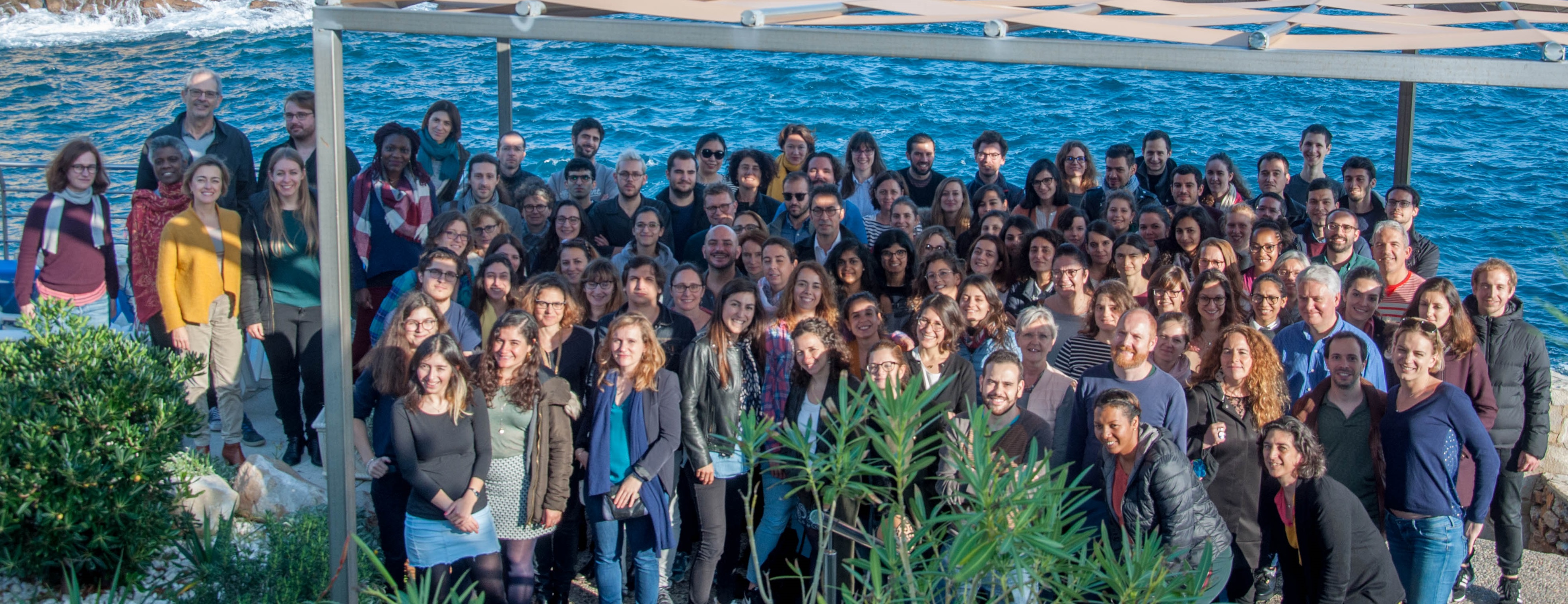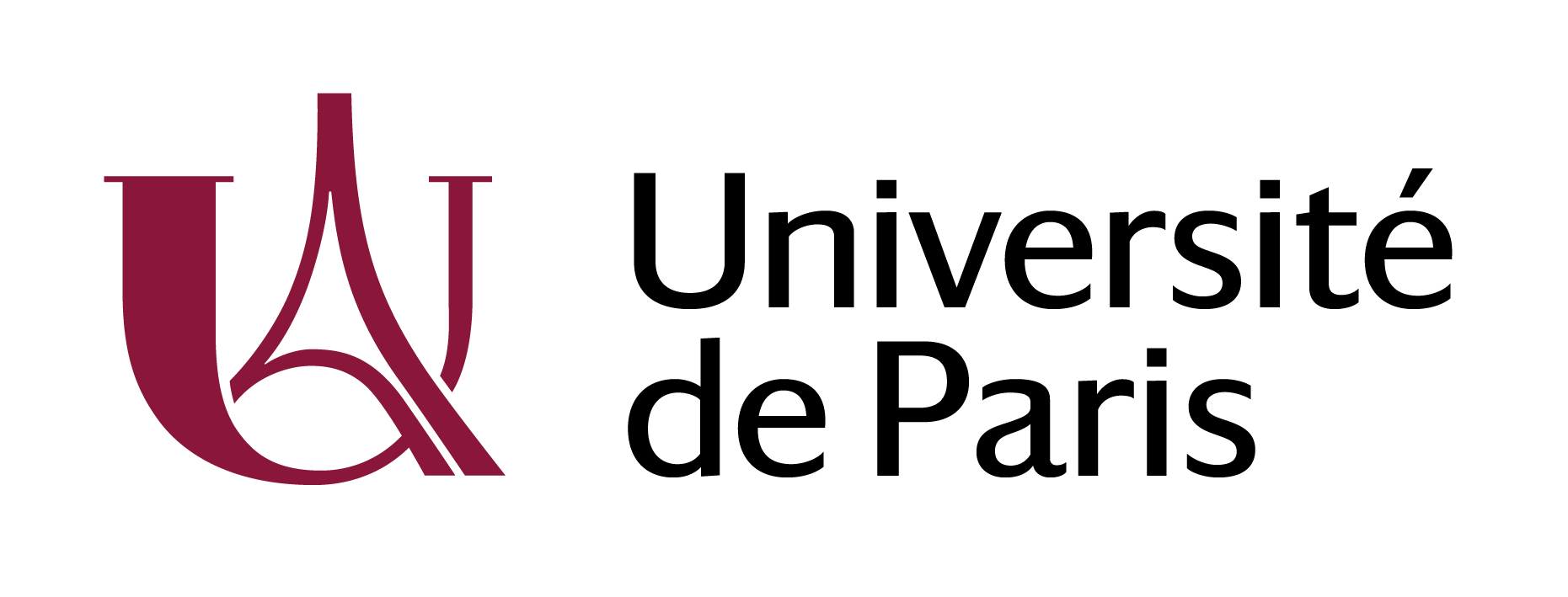
RT2 Lab
The “Residual Tumor and Response to Treatment Laboratory” has four main goals.
Identification of clinical and pathological factors correlated with the long-term prognosis of TNBC and HER2 positive breast cancer patients treated by neoadjuvant chemotherapy.
We have built a retrospective clinical, pathological and radiological database of breast cancer patients treated by neoadjuvant chemotherapy at Institut Curie since 2002. In triple-negative breast carcinoma (TNBC) we have highlighted a strong association between the lymph node involvement after neoadjuvant chemotherapy (NAC) and a poor prognosis outcome. We concluded that clinical trials should be implemented for high-risk patients after NAC (pN+, Elston Ellis Grade 3 and non menopausal status) to validate new therapeutic solutions.
Identification of robust biological-network driven gene-expression classification of TNBC and HER2 positive breast cancer to define new therapeutic interventions.
We identified a robust six metagene classification across 1125 TNBC gene-expression profiles. An immune metagene is highly correlated to the prognosis of these patients. These findings open up interesting opportunities for the development of new therapeutic interventions in TNBC.
Identification of dynamic markers of resistance in TNBC and HER2 positive breast cancer patients treated by neoadjuvant chemotherapy.
Using RNAsequencing, Whole Exome Sequencing and RPPA we are studying matched pre-treatment primary tumor biopsy and residual tumor after neoadjuvant treatment to identify modifications associated to resistance to systemic treatment.
High-througput screening of TNBC and HER2 positive breast cancer cell lines.
In order to identify efficient drugs to treat cancer patients, large screening programs have been launched with different setting of drugs and cancer cell lines (CCLE and CGP projects). We are developping 2D and 3D (magnetic levitation) breast cancer cell lines drug screening program with FDA approved drugs libraries.

